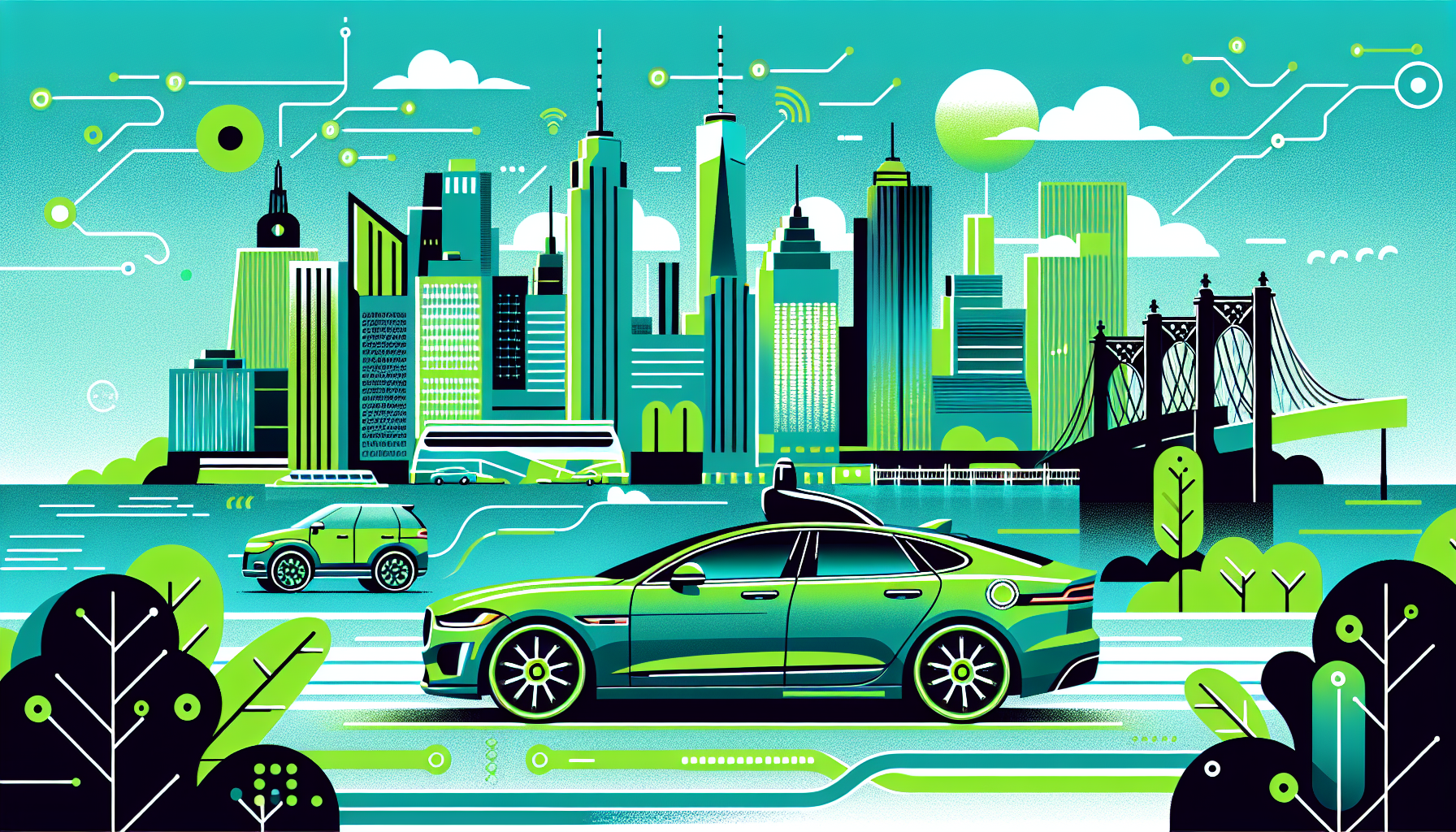Waymo has been granted a permit to test its autonomous vehicles in New York City, the first such approval granted by the city. The company told TechCrunch it plans to start testing “immediately.”
The company is allowed to deploy up to eight of its Jaguar I-Pa…
Why it matters
- This marks a significant milestone in the integration of autonomous technology within one of the busiest urban environments in the world.
- Waymo's testing could pave the way for increased acceptance and regulation of self-driving vehicles in densely populated areas.
- The deployment of autonomous vehicles in New York City could provide valuable data on their operation in complex traffic scenarios.
In a groundbreaking move for both Waymo and the city of New York, the autonomous driving company has received authorization to conduct tests of its self-driving vehicles within the city limits. This historic permit, the first of its kind issued by New York City, enables Waymo to deploy up to eight of its electric Jaguar I-PACE models on the city’s busy streets. The company confirmed to TechCrunch that testing is set to commence immediately.
Waymo, a subsidiary of Alphabet Inc., has been at the forefront of autonomous vehicle technology for years, having previously focused most of its operations in more suburban environments. The decision to expand its testing grounds to New York City indicates a strategic shift towards understanding how autonomous vehicles can navigate one of the most challenging driving environments in the world.
New York City is renowned for its intricate traffic patterns, dense population, and unique driving conditions, making it an exceptional testing ground for autonomous technology. The complexities of city driving—such as pedestrians, cyclists, and unpredictable traffic scenarios—will provide Waymo with crucial insights into how its vehicles operate in real-world urban settings.
The permit issued to Waymo reflects not only the city’s willingness to embrace innovative technologies but also its commitment to exploring safer transportation options. City officials have acknowledged the potential benefits of autonomous vehicles, including reducing traffic accidents and improving mobility for those who cannot drive.
Waymo's recent expansion into New York City follows a broader trend of increasing interest in autonomous vehicle testing across the nation. As regulatory frameworks evolve to accommodate new technologies, cities are beginning to recognize the potential advantages that self-driving vehicles can offer. By allowing Waymo to test its vehicles in such a high-stakes environment, New York City is positioning itself as a leader in the adoption of intelligent transportation solutions.
The deployment of Waymo’s Jaguar I-PACE vehicles will not only serve to collect data on how autonomous vehicles interact with the urban landscape but also provide valuable feedback to the city regarding infrastructure needs. The data gathered through these tests could inform future transportation policies and investment decisions aimed at enhancing safety and efficiency on city roads.
As Waymo embarks on this venture, it is essential to consider the implications it may have for both the company and the city. Successful testing in New York could bolster Waymo's reputation as a leader in the autonomous vehicle space and may lead to further opportunities for expansion into other major metropolitan areas. Conversely, any challenges encountered during testing could impact public perception and regulatory responses to autonomous vehicles.
In addition to the immediate benefits of improved transportation options, this testing phase serves as an important step toward integrating autonomous vehicles into the broader urban mobility ecosystem. The data collected during testing will be critical in addressing safety concerns and optimizing the performance of self-driving technology in real-world conditions.
As the testing rolls out, Waymo is likely to collaborate closely with city officials and transportation experts to ensure that the integration of its autonomous vehicles aligns with the city’s transportation goals. This partnership will be vital in addressing any potential challenges and ensuring that the technology is deployed safely and effectively.
In conclusion, Waymo's entry into New York City represents a significant leap forward for autonomous vehicle technology and its potential role in urban environments. As the company begins its testing, all eyes will be on the outcomes of this initiative, which could shape the future of transportation in one of the world's most iconic cities.











